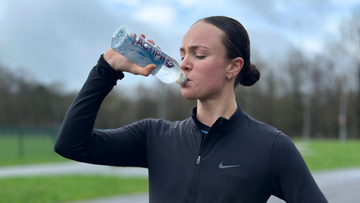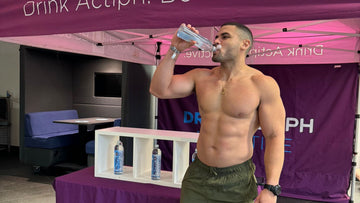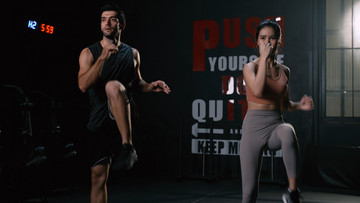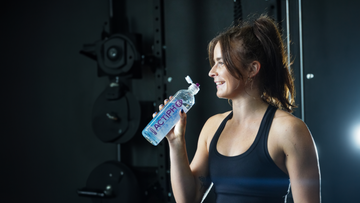
Wanting to improve your health and fitness? Looking to stay active to combat a sedentary work life? Training for a specific event? We've laid out some of our top tips to start a new training regime and stick to it:
- Give yourself measurable goals.
Set yourself goals that are specific, measurable, realistic and time-bound. In other words, don’t decide you want to “be fitter” in 2021 or “go to the gym more”. Create tangible targets, for example: complete 4 workouts per week in June, run 5km in under 30 minutes by September, lose 10lbs by July.
Having explicit, measurable objectives that are within reach (with a bit of hard graft) and have a deadline attached will help keep you focused and motivated as you see your improvement over time.
- Create a plan.
Figure out exactly when, where & how you will train each week. Schedule it into your calendar, book classes in advance, plan what exercises and how many sets & reps you will do etc. This way you’ve done half the work already; you’ve put the thought in and mapped out the path ahead, now you just have to turn up and do it, which is much easier when you know exactly what you’re planning to do.
- Hydrate, hydrate, hydrate.
Your body is 60% water – it plays a role in nearly every biochemical reaction in your body. So make sure you’re properly hydrated. Most trainers will recommend drinking at least 3L of water a day to ensure you are able to maintain high performance. Research suggests that a 2% drop in bodyweight from fluid loss can result in reduced physical and cognitive performance. For context, athletes can drop up to 10% of their bodyweight in fluids when competing, so making sure you’re drinking enough and drinking enough of the right things is vital.
To really feel a difference, swap out acidic drinks (coffee, tea, soft drinks, juices, etc) with alkaline ionised water to take your hydration to the next pH level. Consumed by NFL players, Olympians and ultra-endurance athletes, alkaline ionised water is the fastest growing beverage trend in the world.
- Think marathon, not sprint.
The concept of ‘marginal gains’ came to the fore in 2012 when the GB cycling team adopted a philosophy of aiming to make small incremental improvements to their training and performance, creating a greater cumulative gain when those improvements were all added up. They ended up with a record 8 gold medals, so there’s obviously something in it!
The same principle should be applied to starting a new regime: think of it as a longer term plan and be realistic with what you can hope to achieve in a short time. In other words, improving your health and fitness is a marathon, not a sprint, so aim to make small improvements every month that will soon add up to a big total difference.
- Involve others.
Getting other people involved in your plan helps to keep you motivated, hold yourself accountable and enjoy the process more. By sharing your goals and ambitions with friends and family you create an external pressure for yourself. They will expect you to reach your goals and, as such, you’re more likely to stay motivated and hold yourself accountable when you know other people are invested in your journey as well.
Having a training buddy can also make the actual process of going for a run or doing a workout much more enjoyable and more effective as you encourage and push each other to go that extra mile.
Conclusion
Having a clear, realistic plan can make a huge difference when it comes to charting a course towards a healthier version of yourself. Ensuring you are adequately fuelled and hydrated is essential for your body to be able to perform at its best and making a couple of small sustainable changes in this sphere – like subbing out energy drinks for alkaline water – can have a huge impact. Finally, include others in your plans to make the process more enjoyable and stay motivated.
Good luck everyone!




